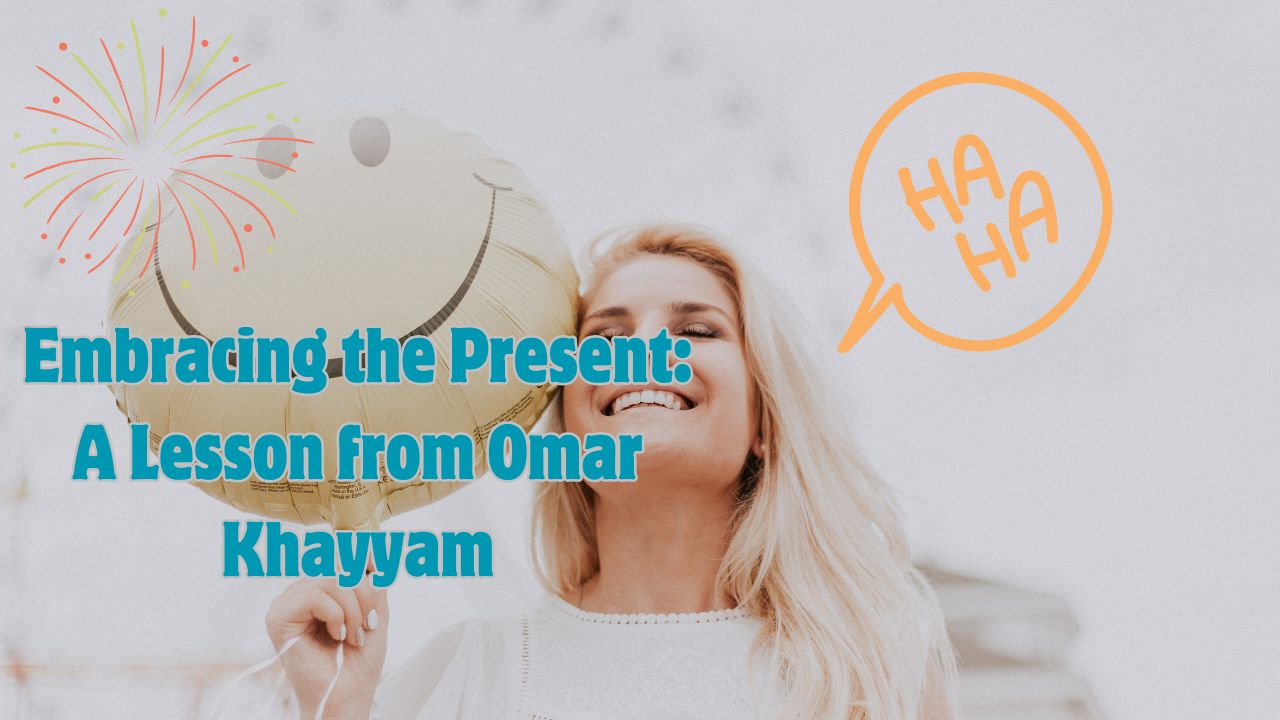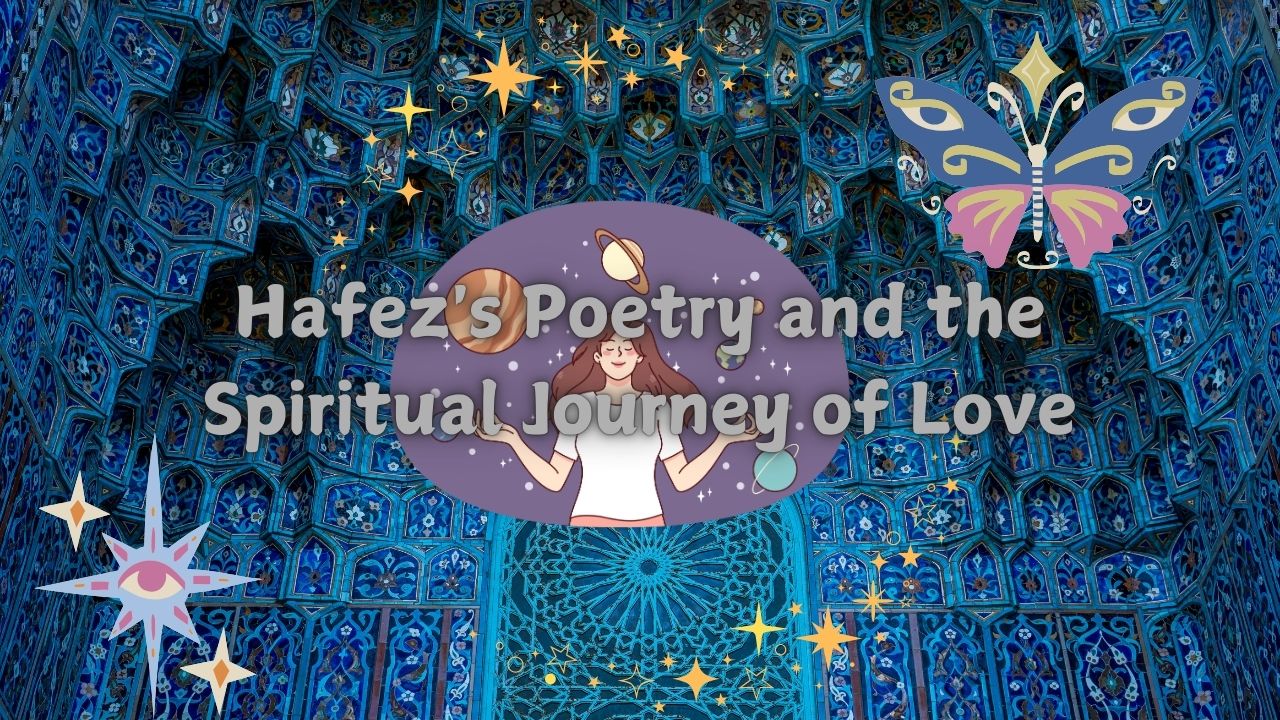The world often promises us grand futures, telling us to chase after dreams of distant rewards, lofty goals, and eventual happiness. We’re told that life’s pleasures and contentment lie somewhere in the future, waiting for us. Sometimes religious preachers ask us to sacrifice our present life for the next life they promise is full of joy and pleasures. But the renowned Persian poet and philosopher Omar Khayyam offers a different perspective in one of his Rubaiyat quatrains, reminding us that the present moment may hold more value than all the promises of tomorrow.
Qutrain in Persian:
گویند بهشت و حور و کوثر باشد
جوی می و شیر و شهد و شکر باشد
پر کن قدح باده و بر دستم نه
نقدی ز هزار نسیه خوشتر باشد
Translation of the Quatrain:
They speak of Paradise with its houris and streams,
Where rivers of wine, milk, and honey gleam.
Fill my cup with wine and place it in my hand,
For one immediate joy is worth more than a thousand dreams.
The Lure of Paradise
In the opening lines of the quatrain, Khayyam refers to the common belief in a paradisiacal afterlife:
"They speak of Paradise with its houris and streams,
Where rivers of wine, milk, and honey gleam."
These lines reflect descriptions of heaven in many traditions—a place of eternal pleasure, where sensual delights like wine, milk, honey, and the company of heavenly beings await. Khayyam acknowledges these ideas but seems skeptical of their promise. He subtly questions the value of distant rewards by reminding us how often we are distracted by fantasies of the future.
The Call to Live in the Now
The turning point of the quatrain comes when Khayyam urges us to take a different approach:
"Fill my cup with wine and place it in my hand."
Here, wine symbolizes the joys and pleasures of life—those experiences that are available to us in the present. Khayyam’s request is simple: let me enjoy what I have now, in this moment. He’s not advocating for hedonism or indulgence for its own sake, but rather for the importance of living fully in the present, instead of postponing happiness for the future. The cup of wine, a tangible object in the here and now, contrasts with the abstract promises of future bliss.
The Value of Immediate Joy
Khayyam ends the quatrain with a powerful assertion:
"For one immediate joy is worth more than a thousand dreams."
This line encapsulates the essence of Khayyam’s philosophy. He argues that the reality of a single moment of joy outweighs countless fantasies about future pleasures. A thousand promises may never materialize, but the pleasure of now is real, tangible, and within reach. Khayyam’s wisdom reminds us that life is fleeting, and there is no guarantee of what the future holds. So why wait? Why not appreciate what’s right in front of us?
Lessons for Modern Life
In today’s world, we are often driven by future goals—career advancement, financial success, personal achievements. We sacrifice present enjoyment for the hope of something better in the future. While there’s value in ambition and planning, Khayyam’s quatrain offers an important counterbalance: don’t forget to enjoy life along the way.
Modern psychology even echoes this ancient wisdom. Studies have shown that mindfulness—the practice of being fully present in the moment—can lead to greater happiness and lower levels of stress. Like Khayyam, modern thinkers emphasize the importance of savoring the present instead of constantly striving for distant rewards.
A Call to Balance
Khayyam’s philosophy doesn’t suggest abandoning all plans or living recklessly. Instead, it’s a call for balance. While it’s natural and necessary to plan for the future, we must also recognize the value of now. The cup of wine in Khayyam’s quatrain can represent any simple joy in life—spending time with loved ones, enjoying nature, or even just pausing to appreciate a quiet moment. These immediate joys are precious, and Khayyam encourages us not to overlook them in the pursuit of future dreams.
Conclusion: Seize the Present
Omar Khayyam’s quatrain serves as a timeless reminder that life is short and uncertain. Rather than chasing an ever-elusive future, he urges us to embrace the present, savor its pleasures, and find joy in the moment. His words invite us to live mindfully and to cherish the "cup of wine" that life offers us now. After all, one immediate joy may truly be worth more than a thousand promises.
Closing Thought: Whether it’s a simple pleasure or a profound experience, today’s joy is something you can hold in your hands. Don’t wait for tomorrow’s paradise—embrace the present, because the moment is all we truly have.





